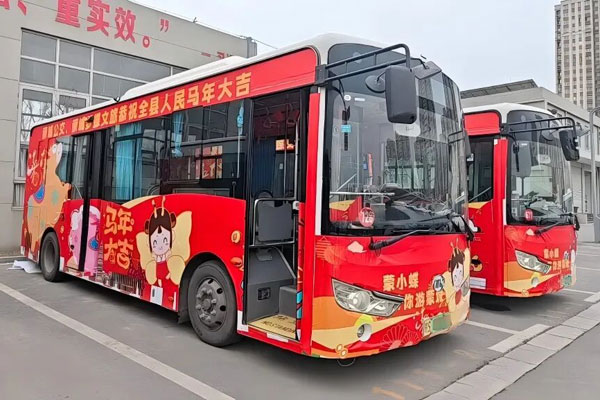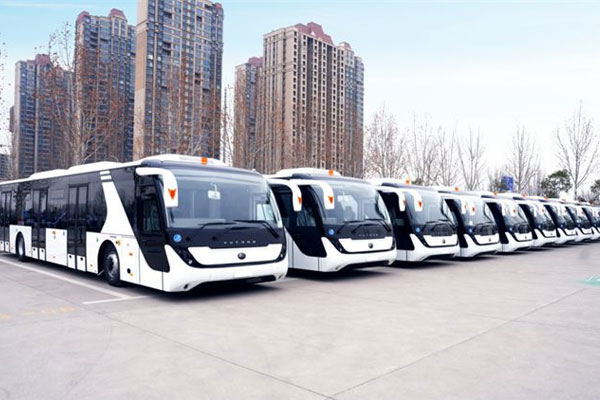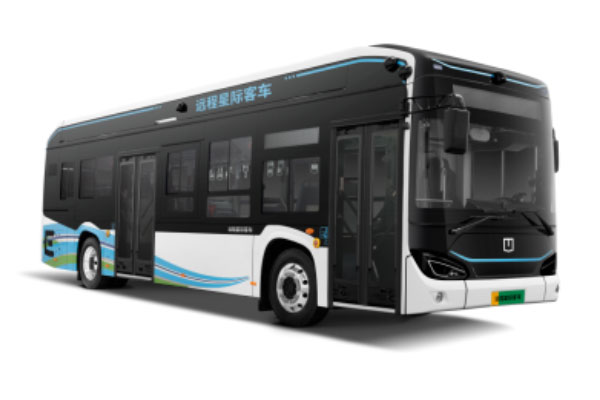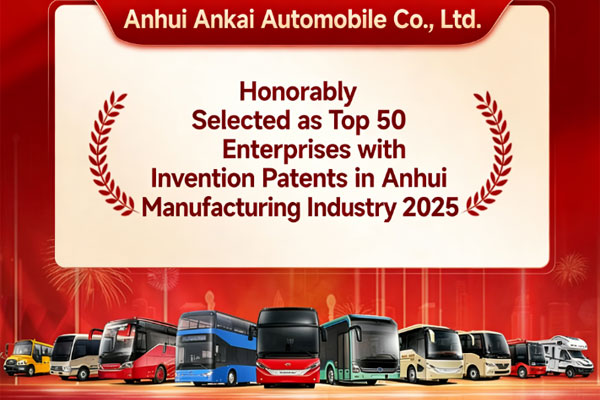Plans for Industrialization of New Energy Vehicles in 8 Cities
14 May 2009
Amid the current economic crisis, new energy vehicles are constantly under spotlight thanks to the wide media reports. Some cities in China, is now busily hatching plans for industrialization of new energy vehicles, regarding it as a strategic move for city development. What are these cities planning to do? Let’s follow the reporter to take a closer look.
Beijing
Recently, top leaders of Beijing Municipal Government have revealed to the public that the city will pursue a leapfrog development road by continuing to strengthen R&D of new energy vehicles and speed up the application of new energy technologies in large-sized buses and taxis.
Four months ago, with a total investment of RMB 5 billion (about USD 732.933 million), Beijing New Energy Vehicle Design & Production Base started construction in Changping Dist. After the completion of the construction, the base is expected to manufacture 5,000 alternative energy or new energy-powered coaches and 400,000 units of fuel efficient engines each year. On the same day, Beijing Public Transport Group inked a deal with Foton Automotive by purchasing 800 hybrid city buses and chassis from the latter. It is learnt that Beijing Municipal Government has offered Beijing Public Transport RMB 500 million (about USD 73.28 million) in subsidies to help the company buy nearly 1,000 units of hybrid buses.
Shanghai
During 2009 Shanghai International Auto Show held in late Apr., Shanghai Working Office for Promotion of New Energy Vehicles and Shanghai Automotive Industry Corporation (SAIC) signed an Agreement on New Energy Vehicle Promotion Project at Shanghai Expo. According to the agreement, SAIC will provide nearly 1,000 all-electric, ultra-capacitor, fuel-cell, and hybrid vehicles for Shanghai World Expo in 2010. Having contracted the project for promoting the new energy vehicles, SAIC will develop new energy vehicles with cutting-edge technologies and reliable performances so as to help Shanghai realize zero emission inside the Expo Park and low emission in surrounding area.
Chongqing
After listed as one of the cities in China for popularizing fuel efficient and new energy vehicles, Chongqing Municipal Government has rolled out a series of measures to support the new sector, including putting hybrid vehicles in government’s procurement catalogue, and giving priorities to hybrid vehicles when governments and companies plan to buy vehicles. In the coming two years, Chongqing will spend RMB 20 million (about USD 2.92 million) to support its new energy vehicle demonstration project. Through popularizing fuel-electric and gas-electric hybrid vehicles, the city is aiming at putting 1,000 hybrid vehicles in operation on its road. To ensure the smooth work, a special working team has already been set up under the leadership of vice mayor TONG Xiaoping.
Shenzhen
Shenzhen Municipal Government attaches significant importance to the industrialization of new energy vehicles. With the BYD and Wuzhoulong as its pioneering enterprises in this sector, the city will diligently pursue an efficient way for development of new energy vehicles.
Jinan
To better promote the development of new energy vehicles, Jinan Energy-saving and New Energy Vehicle Demonstration Work Team was established recently under the leadership of ZHANG Jianguo, mayor of Jinan and deputy secretary of Jinan Municipal Committee of CPC. Currently, new energy vehicle project has already been launched in full swing. According to its plan, the city will boast 1,610 units of various kinds of electric vehicles and nine battery recharging stations.
Wuhan
To show the city’s support for the industrialization of new energy vehicles, Wuhan has allocated RMB 160 million (about USD 23.36 million) as special funds for the R&D, promotion and procurement of electric vehicles between 2009 and 2011. Moreover, it has signed a memorandum with Nissan for further cooperation.
According to sources, Wuhan municipal government or the city’s bus operators will purchase 500 Nissan electric vehicles within three years from 2011. In return, Nissan will start producing the new type of vehicles in Wuhan after three years trial operation of electric vehicles.
Changchun
Changchun has attached great importance to the demonstration project for the promotion of new energy vehicles. Before its application for becoming a city for trial operation of the new type of vehicles, the city has already started working on promoting the new energy vehicles.
Currently, the city plans to build two fleets of at least 200 hybrid buses in total. While getting about RMB 300 million (about USD 43.97 million), it aims to have 1,000 hybrid vehicles on its road within three years.
Dalian
Dalian has already mapped out its blueprint for the industrialization of energy-saving and new energy vehicles in the city. Two municipal-level key labs, two state-level R&D centers, and two complete vehicle factories are to be established. In addition, an industrial cluster comprising of 100 related enterprises will be formed. Thus, the city will boast an annual production capacity of 20,000 new energy vehicles.
In the meantime, the city will soon open green channels to encourage enterprises to conduct self innovation.
Source : english.chinabuses.com
Editor : Mark
Views:3750
Tags: Industrialization New Energy Vehicles








